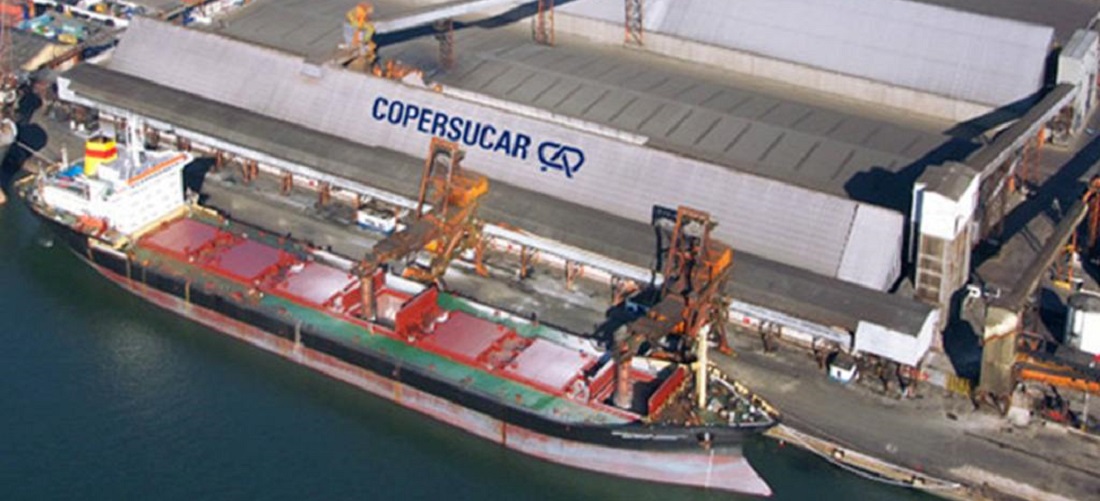
Copersucar prepares itself for a new growth cycle
Dec, 31, 2021 Posted by Gabriel MalheirosWeek 202150
Copersucar, the largest sugar and ethanol trading company in the world, assesses that, after spending a few years consolidating the billion-dollar investments made in the first half of the past decade, it will experience new growth opportunities ahead. Contributing to this scenario is the fact that the company considers that it was approved with honors in the “ultimate test” that was the Covid-19 pandemic.
João Teixeira, CEO of Copersucar, stated that the results of Copersucar’s last expansion cycle “are excellent, and now we are starting to study a new growth phase for the company. Eventually, solid investments will come into being”.
Some relevant expansion fronts have already been tested as of the most recent sugarcane harvest (2021/22), such as the purchase of a 50% stake, that used to belong to Cargill, of the sugar trading Alvean and the partnership to sell ethanol with the distributing company Vibra.
In the next season, which will start in April, the company is considering investing in increasing its lifting and storage capacities at the Copersucar Sugar Terminal (TAC), in the port of Santos.
The venture, if confirmed, should range between R$ 200 million and R$ 300 million, and expand the terminal’s static capacity by more than 40%, from 8.5 million to 12 million tons. “There are several [investment] paths that can be explored, but this is the most obvious one in the short term,” said the executive.
Source: Valor Econômico
To read the original full article visit: https://valor.globo.com/agronegocios/noticia/2021/12/30/copersucar-prepara-o-inicio-de-um-novo-ciclo-de-crescimento.ghtml
-
Ports and Terminals
Mar, 21, 2024
0
Imports of base oils in Brazil expected to maintain growth pace in 2024
-
Ports and Terminals
Jun, 05, 2024
0
Advertising campaign shines light on Babitonga Bay Port Complex relevance
-
Grains
Apr, 03, 2019
0
TecPlata Terminal receives its first vessel – Jacaranda
-
Ports and Terminals
Aug, 26, 2024
0
Port of Rio Grande invests in dredging to recover draft lost due to flooding

